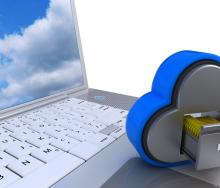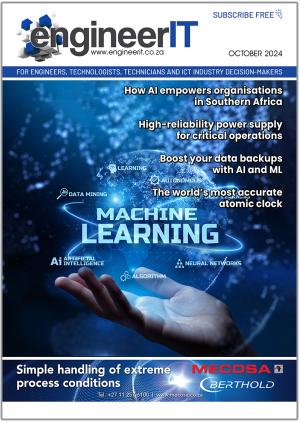“Remote work is here to stay and, with that, employees need to be able to access documents securely and efficiently. Data security is, of course, high on the list of priorities and scanners are showing up as the ideal digital solution for this new way of working,” says Epson’s Scan Specialist Clayton Jones.
From a productivity standpoint, scanning also allows for enhanced collaboration and streamlined document sharing between remote teams in different locations and time zones. Scanned documents can be instantly shared via email and cloud, making it easier to share and review documents via cloud storage and collaboration tools.
Practically speaking, paper documents are especially vulnerable in the event of fires, floods and other natural disasters. Document scanning, in this way, provides a robust solution for disaster recovery, allowing for images and documents to be backed up to the cloud or even electronically protected e-vaulting systems.
Scanned documents offer enhanced security where physical documents are prone to loss, theft and damage. Scanned documents can be encrypted, password-protected and securely stored in the cloud. They also aid in compliance with data subject access requests under GDPR and POPIA. This ensures sensitive information remains accessible only to those who are authorised to access it, which ultimately reduces the risk of data breaches.
When it comes to data analytics and automation, scanning technology opens up new and innovative ways of working and opportunities for data-driven decision-making. Scanning documents makes them accessible for AI integration as scanned and processed documents can be integrated into automated workflows. For instance, by converting paper documents into digital formats, companies can extract valuable insights, automate repetitive tasks and optimise various workflows in the business.
“When we talk about scanning, many people imagine the older scanner models of yester year,” says Jones. “Modern scanning technology instead comes equipped with advanced imaging features to enhance document quality and efficiency. This means that businesses now have access to better image quality and file compression capabilities, along with a range of file type outputs, ensuring that scanned documents are clear, concise and easily manageable.”
Embracing scanning technology is not just a matter of convenience – it's a strategic move that can drive long-term success and resilience, particularly in the increasingly hybrid nature of businesses and the modern workplace. From enhanced data security and collaboration to the potential for data analytics and automation, scanners provide businesses with the competitive advantage they need.















